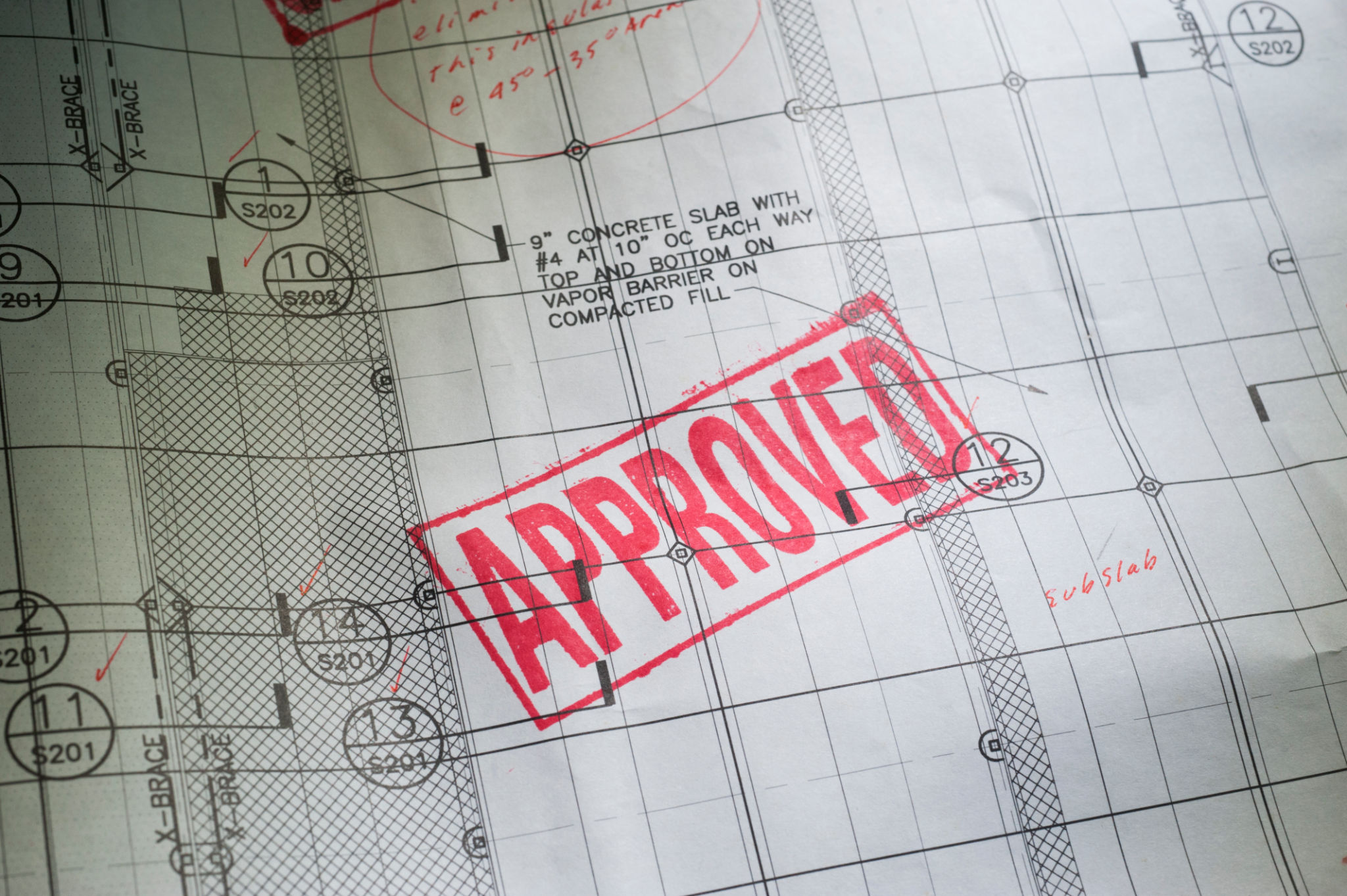Local Regulations in Eko Atlantic: What Developers Need to Know
Understanding Eko Atlantic's Regulatory Framework
Eko Atlantic, a rapidly developing city in Lagos, Nigeria, is an ambitious project that promises to redefine urban living. For developers looking to invest in this burgeoning metropolis, understanding the local regulations is crucial. The regulatory framework in Eko Atlantic is designed to ensure sustainable growth and development while maintaining a high standard of living.
Eko Atlantic operates under a unique set of regulations that differ from the rest of Lagos due to its status as a private development. These regulations are crafted to facilitate efficient urban planning and are enforced by the city’s management authorities. Developers must be well-acquainted with these guidelines to ensure compliance and successful project execution.

Building Codes and Standards
One of the primary concerns for developers is adhering to the building codes and standards set forth by Eko Atlantic’s management. These standards are in place to guarantee the safety and durability of structures while also promoting aesthetic harmony throughout the city. Compliance with these codes is not only a legal obligation but also a commitment to quality and sustainability.
Key aspects of these building standards include architectural design, structural integrity, and environmental impact. Developers are encouraged to incorporate green building practices and innovative designs that align with the city’s vision of being a modern and eco-friendly urban space.
Zoning Regulations
Zoning regulations in Eko Atlantic are carefully crafted to create a balanced mix of residential, commercial, and recreational spaces. Understanding these zoning laws is essential for developers to ensure their projects are situated in appropriate areas and contribute positively to the city’s overall layout.
The zoning laws also dictate the density and height of buildings, which helps maintain an organized skyline and prevents overcrowding. Developers must work closely with city planners to ensure their projects align with these zoning requirements.

Environmental Considerations
Environmental sustainability is at the heart of Eko Atlantic’s development ethos. Regulations require developers to conduct environmental impact assessments (EIAs) for their projects. These assessments help identify potential environmental risks and propose solutions to mitigate them.
Developers are encouraged to incorporate sustainable practices, such as energy-efficient systems and waste reduction strategies. By doing so, they contribute to Eko Atlantic’s goal of being a forward-thinking city that prioritizes environmental stewardship.
Permitting and Approval Processes
The permitting process in Eko Atlantic is streamlined to facilitate efficient project approvals. However, developers must ensure they have all necessary documentation and meet all regulatory requirements before commencing construction. This includes submitting detailed project plans, obtaining necessary permits, and passing inspections.

Working with experienced local consultants can greatly aid developers in navigating the permitting process. These professionals have in-depth knowledge of the regulatory landscape and can provide invaluable assistance in securing timely approvals.
Benefits of Compliance
Adhering to Eko Atlantic’s regulations not only ensures legal compliance but also offers several benefits. Projects that meet these standards are more likely to attract investors and buyers who value quality and sustainability. Additionally, compliant developments contribute to the city’s reputation as a world-class destination for business and living.
By understanding and embracing local regulations, developers can capitalize on the opportunities presented by Eko Atlantic while contributing to its vision of becoming a thriving urban hub.